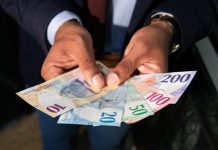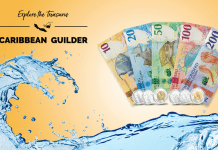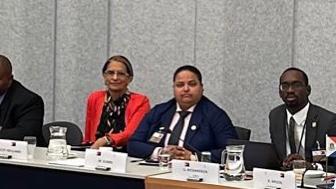 THE NETHERLANDS / SINT MAARTEN — In giving a brief recap, MP Wescot provided some insights into the meetings held in the Netherlands in the week of September 26th:
THE NETHERLANDS / SINT MAARTEN — In giving a brief recap, MP Wescot provided some insights into the meetings held in the Netherlands in the week of September 26th:
On the first day, it was a tripartite between the three Caribbean countries, and central to that discussion was the issue of the dispute regulation.
“We can recall that the initial draft of a dispute regulation had reached the First Chamber for the final approval. At that time there was still some disagreement with the way the final draft had turned out and so the Kingdom government, in the person of state secretary Knops retracted the draft law. That brought us right back to square one.”
There have been several drafts lately circulating between Curacao, Aruba and St Maarten to come to a uniform text for the draft dispute regulation, because it was decided that the Caribbean countries would come with a draft.
“In coming to that final draft, I am of the opinion that we should lobby hard with our Dutch counterparts to avoid a repeat of the previous draft dispute regulation”, stated MP Wescot.
In addition to the dispute regulation, we also had presentations by the Caribbean members of the Council of State, who presented 3 topics which then were discussed and debated between the members of the Council of State and the delegations of Curaçao, Aruba and St Maarten. “Interesting was that one of these presentations regarded climate change (transition), that made a compelling case for the kingdom as a whole to take climate effects seriously.”
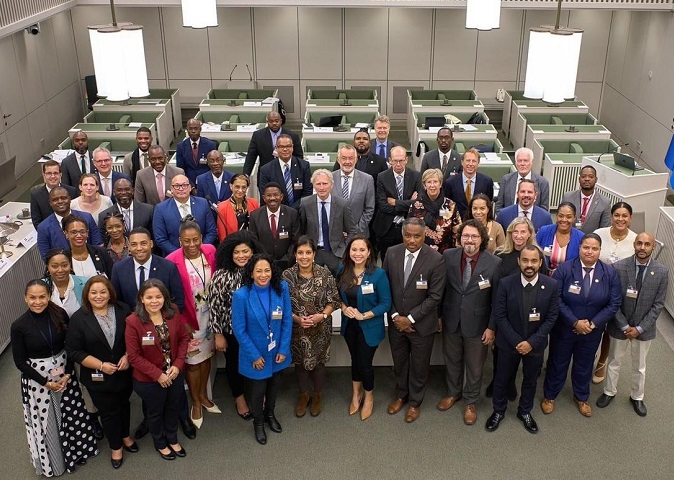
“Matters pertaining to Kingdom relations are a staple item on the agendas of the three Caribbean countries as well as the agenda of the IPKO. It is clear -and I’ve stated this in the different meetings- that the focus of our discussions at these meetings depend on where we see ourselves in relation to the other partners in the Dutch Kingdom and for how long. Speaking directly of and to St. Maarten, ‘what is OUR vision with respect to the relationship within the Kingdom’?”, the MP queried in an indirect reference to how a majority of parliament has expressed its views in motions etc.
“ I keep bringing this matter up because in my view we hear expressions and declarations at meetings such as the Tripartite and the IPKO, but in practice we see different actions. We need to get our act together and our house in order.”
“In previous IPKOs we have spoken about motions of Dutch MPs that recommend and mandate a review of the Kingdom Charter. Yet we don’t see the same haste being applied in getting to the execution of these motions.”
“When we talk about these motions and the charter and who is responsible for what, we should not pretend to be equal to the Netherlands in terms of our self-sufficiency in dealing with all of the issues affecting our island, such as the issues and vulnerabilities that we face just by being a small island development state.”
MP Wescot again made the case for a more measurable and sustainable development plan for St. Maarten, anchored in the global sustainable development goals.
“We should constantly go back to the sustainable development goals (SDGs) and identify those goals that we consider priorities for our country. In previous IPKOs, we have looked at the SDGs and divided them in topics of People, Planet and Prosperity and we had decided back then to stay on these topics and make sure that is how our governments address our development.”
On Wednesday practically the entire day was spent discussing matters pertaining to the Kingdom of the Netherlands and the position of especially the Caribbean countries of Curaçao, Aruba and sint Maarten within the Kingdom.
Matters such as cooperation and collaboration; the so-called democratic deficit within the Kingdom and the colonial history of the Dutch Kingdom and steeped in that past, the abominable slave trade.
“With respect to the slavery and colonial history of the Dutch Kingdom, we discussed the results and recommendations of a dialogue group that was established by the Dutch government and which has reported regarding the sentiments of the inhabitants of the four countries of the Dutch Kingdom; what remnants and how we live with those today that can be considered a legacy of this colonial and slavery history, and the effects of this history on our people today.
This report is publicly available and contain some straightforward recommendations, based on Recognition, Apologies and Restoration.
In responding to the report as presented by the dialogue group on slavery the Dutch government informed the Dutch parliament that with the report in hand the Dutch government wanted to do their own review, have their own discussions, go to the countries etc.
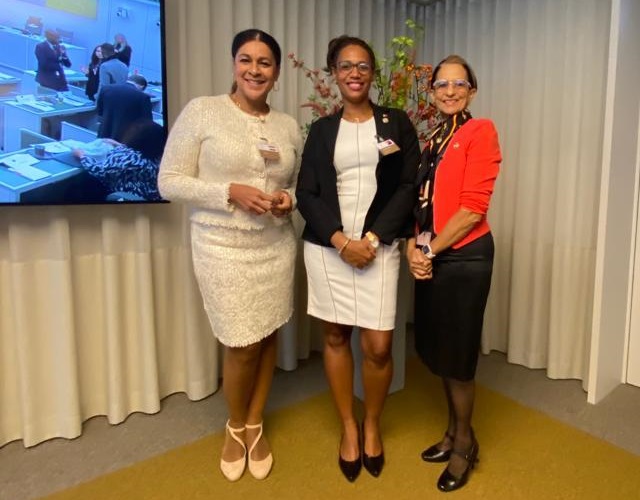 “I personally find it a pity that the recent trip to Sint Maarten by the Dutch minister and the state secretary on this topic was not sufficiently explained as being a part of the process that the Dutch government is engaging into to gauge for itself how we on Sint Maarten think about slavery and the effects that it has on us even today as a society.
“I personally find it a pity that the recent trip to Sint Maarten by the Dutch minister and the state secretary on this topic was not sufficiently explained as being a part of the process that the Dutch government is engaging into to gauge for itself how we on Sint Maarten think about slavery and the effects that it has on us even today as a society.
“I have to add that again we see how the government of Sint Maarten bungled even this, as at the end of the trip by the Dutch minister and state secretary, the Prime Minister made It clear that the presentations that were made in the presence of these two dignitaries on Sint Maarten was not St Maarten engaging in formal discussions about slavery within the Kingdom.
“If they were not, when are we going to make sure that we are involved in the process and discussions on the topic of colonialism and slavery, since we have this report now before us and the Dutch government is apparently on a trajectory to gather its own information and to get its own impressions?”, MP Wescot questions.
Following the debates in the Netherlands this week it would behoove Sint Maarten’s Parliament to seriously rethink its approach towards Kingdom relations. The whole discussion on decolonization should make room for a pragmatic use of the expressions by kingdom partners for a more sustained relationship, and the repeated reference in IPKO meetings to the motions of MPs van Raak and de Graaf.
“The focus of our actions should be on a betterment of the relations between Sint Maarten and the Dutch political entities to get the maximum out of this relationship for the people we serve. That should be the mantra”, MP Wescot concluded.






